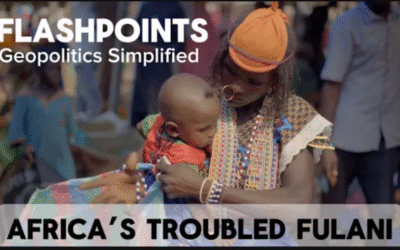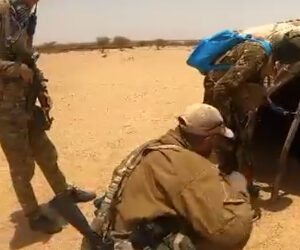There has been unusual interest in the west about the political crisis engulfing Tunisia this week. Naturally Tunisia was always seen the cradle of the Jasmin Revolution, and the nation that showed the best prospect of democratization. But this week, the president froze the parliament for one month and dismissed the prime minister, moves that were greeted with great jubilation by a large swath of the Tunisian population, but also seen by many, including some foreign observers as steps to kill the prospect of democracy in the country.

Why Morocco’s Protests Aren’t Just About Youth: The Fight for Dignity and Justice
Morocco is facing its largest wave of unrest in years, with mass protests erupting across major cities demanding better hospitals, schools, and an end to corruption.






